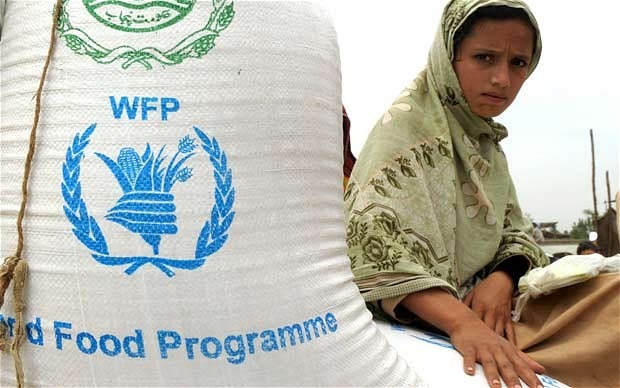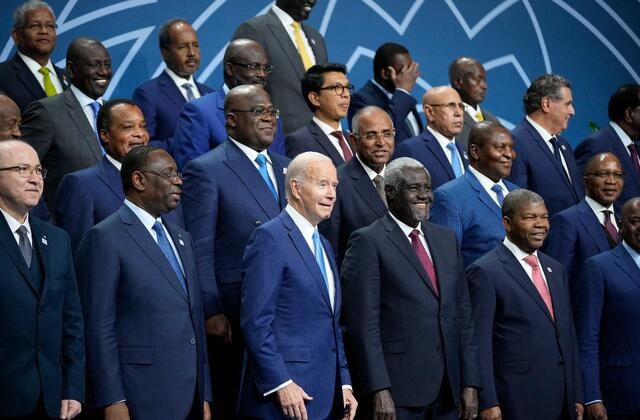China-Africa relations have grown stronger since China and Egypt established their first diplomatic relations in 1956. The two countries’ business, political, and diplomatic ties have shifted intensely in recent years.
This is because, with overall trade between China and Africa topping 208.7 billion dollars in 2019, China continued to be Africa’s most imperative commercial partner. President Xi Jinping aptly affirmed the above assertion when he said, “For decades, China and Africa have treated each other with sincerity and friendship. We are a community with a shared future and common interests, featuring solidarity and win-win cooperation.”
This article discusses the critical review, which tries to analyse the China-Africa collaboration with a focus on its economic, political, and diplomatic impact and future prospects.
The economic, political, and diplomatic ties between China and Africa have drawn considerable attention worldwide. Large-scale investments, infrastructure development initiatives, and expanded commercial alliances have all accompanied China’s forays onto the African continent.
China-Africa Political Relations
Respect for sovereignty and refraining from meddling in other countries’ internal affairs are just two of the guiding ideas of China’s foreign policy towards Africa. With the help of this strategy, China has been able to forge close political ties with the bulk of African nations. The political relationship between China and Africa is influenced by China’s status as a significant donor of development aid to African nations. China provides funding for infrastructure projects, agriculture, healthcare, education, and measures to reduce poverty, including grants and loans. China and African countries now have stronger political ties as a result of this aid.
Furthermore, China’s expanding influence in international institutions such as the United Nations has allowed Beijing to collaborate on global concerns with African countries. This includes climate change collaboration, peacekeeping missions, and lobbying for the interests of developing countries.
China-Africa Business Relations
China’s economic footprint in Africa has been significant, with investments in infrastructure, mining, energy, and manufacturing. Over the years, the trade relationships between China and Africa have significantly expanded and developed, presenting both opportunities. China has surpassed more established commercial partners like the US and EU to become Africa’s biggest trading partner. A number of industries, including infrastructure development, resource extraction, agriculture, manufacturing, and technology transfer, are involved in China and Africa’s cooperation.
Prior to 2000, China’s interactions with Africa were primarily diplomatic in nature and lacked significant commercial activity. With the creation of the FOCAC, China rose to become both Africa’s biggest trading partner and investor through trade, aid, and investment.
Trade
“China is now Africa’s biggest trading partner, with Sino-African trade topping $200 billion per year, and over 10,000 Chinese firms are currently operating throughout the African continent, and the value of Chinese business there since 2005 amounts to more than $2 trillion, with $300 billion in current investments,” according to the Foreign Affairs Committee. Africa has recently surpassed Asia as the main market for Chinese construction projects abroad.
China’s desire for resources to enable its quick industrialization and economic expansion is one of the main factors influencing the trade connection between China and Africa. Oil, minerals, and agricultural products are among the numerous natural resources that abound in African nations and are very desirable to China. China, in turn, gives Africa the infrastructure, capital, and technology required to ease resource extraction and export. Between the two partners, the resource-for-infrastructure concept has generated sizable trade and investment volumes.
During the Forum on China-Africa Cooperation (FOCAC) meeting in 2000, the Chinese launched a “strategic partnership” with 44 African states, and since then, forums have been conducted every three years. At the forum in 2018, Beijing made a $60 billion economic support pledge, matching its 2015 commitment. The most recent FOCAC coincided with China’s commitment to import goods worth $170 billion between 2019 and 2021, which has contributed to a major increase in trade between China and Africa. Trade between China and Africa increased from $10 billion to $172.5 billion between 2000 and 2017. China was Africa’s top trading partner in 2020, accounting for 27.4% of all trade on the continent.
Investment
Infrastructure, mining, and agricultural projects are the main forms of investment from China in Africa. As of 2018, 3,172 African projects had received over $110 billion in investment from Chinese companies, according to the most recent joint declaration of FOCAC. Over half of China’s investments are concentrated in mineral-rich nations like Zambia, South Africa, Angola, and the Democratic Republic of the Congo, which are particularly attractive to these investors. With the help of FOCAC, China has economically built goodwill with African nations through commerce, aid, and investment.
China-Africa Diplomatic Bond
Over the years, China-Africa diplomatic ties have considerably changed, moving from political unity to economic collaboration. China has been working to allay these worries by creating rules for ethical investments. Chinese involvement in Africa has also sparked discussions concerning labour abuses and the extractive industry.
China has a different strategy to investing in Africa than conventional Western allies. Large-scale infrastructure projects, like the building of roads, trains, ports, and power plants, are common in China. These investments support economic growth and regional integration by filling the infrastructural deficit in Africa. China’s assistance to Africa mostly consists of technical support and capacity building, with money going toward water, sanitation, health, and education. African countries have benefited from this support in building their infrastructure, including roads, hospitals, and schools. China has promised to give more financial aid to African nations, including grants, low-interest loans, and loans, in addition to technical help, loans for infrastructure, and investments.
China has also taken an active role in assisting African countries with their development. This comprises grants, debt forgiveness, and capacity building initiatives geared on advancing technology transfer, healthcare, agriculture, and education. China’s technological prowess, notably in the area of renewable energy, has aided Africa’s development by addressing energy shortages and fostering sustainable growth.
The relationship between China and Africa has important potential and implications for both parties. This alliance has grown significantly over the past few decades and has the ability to influence future political and economic trends on a global scale.
The partnership between China and Africa has a bright future for both nations. This cooperation has the potential to accelerate China’s global impact by putting a stronger emphasis on inclusive growth, technological transfer, and sustainable development. The partnership between China and Africa may help create a more prosperous and connected world with careful navigation and cooperation.


